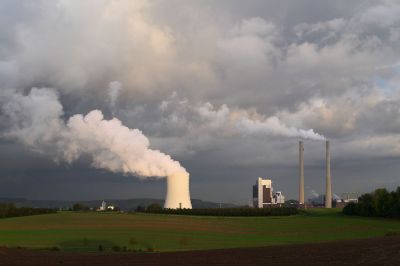The 'Capture of evaporated water with novel membranes' (
CAPWA) project sought to purify water in a single step. This was achieved by creating a commercially available membrane system suitable for industrial application.
This innovative system is highly energy-efficient compared to traditional techniques, has no moving parts and is small enough to fit into existing spaces. In addition, it is environmentally friendly as no chemicals or waste streams are used.
Project partners developed and tested microporous hydrophobic membranes and composite membranes. Their focus was on improving the selectivity, and thermal, mechanical and chemical stability of the membranes for use in a harsh environment. A modular membrane system suitable for use with flue gases from a power station was constructed. A smaller unit was developed for use in a paper mill.
A pilot study was conducted at a coal-fired power station to determine whether results achieved in the laboratory can be repeated on a larger scale. In addition, the effects of industrial conditions on the pilot system's performance were also examined.
Results showed that a large-scale pilot using 30 square metres of membrane modules coupled with an industrial vacuum pump and air-cooled condenser was feasible. The paper mill study indicated that significant energy savings were possible.
CAPWA can make a major contribution to a sustainable world by saving both water and energy, benefiting every industry that produces water-rich flue gases. By 'drying' the gases the process can also help combat corrosion of materials in the stack. Furthermore, the technology is particularly suited to arid areas, competing favourably with other techniques such as desalination. An excellent
video explaining the CAPWA technology can be accessed on the project website.

